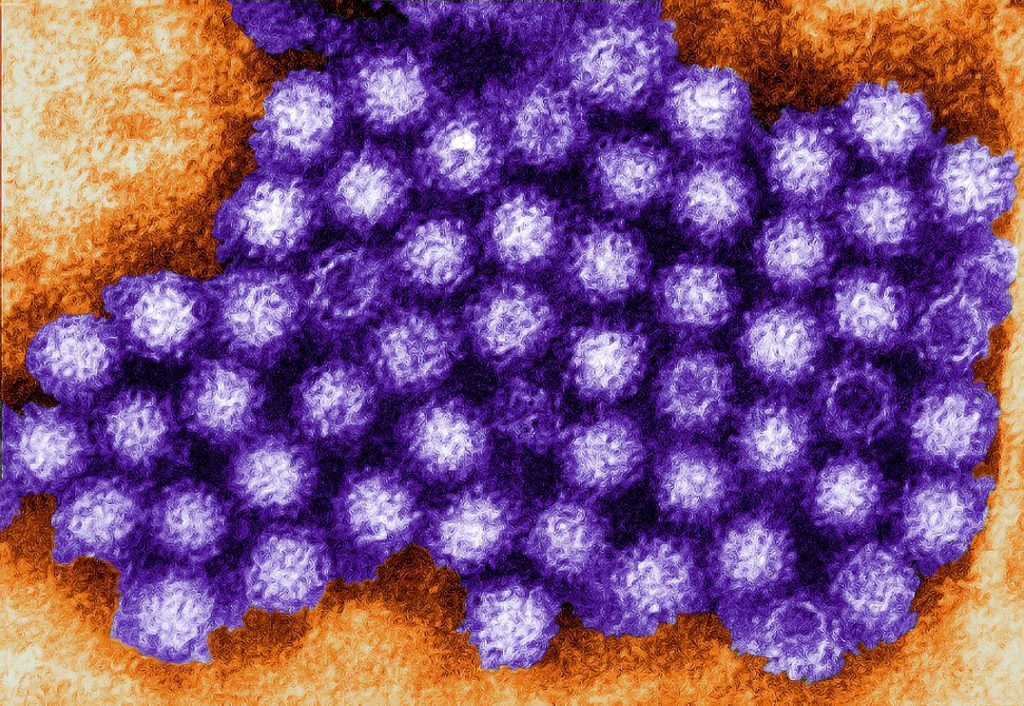We’ve all had it – a short-lived and nasty attack of diarrhoea and vomiting, which you often get in the winter, but which you can catch any time of year.
But now the number of novovirus infections could be reduced thanks to research by the Statens Serum Institut (SSI), the national disease control laboratory, into how it is spread.
Extremely infectious
Novovirus (often called ‘Roskilde sickness’ in Denmark) is extremely infectious and can be spread to an awful lot of people very quickly. As well as being transferred from person to person, it is also the cause of around 50 percent of all identified cases of food-borne illnesses in Denmark, the SSI reports.
READ ALSO: Rough flu season hitting Denmark
In order to control the disease, it is vital that quick action is taken by isolating and/or removing suspected contaminated foodstuffs.
One important tool for investigating where the infection comes from is by comparing two internationally-defined genetic areas of the novovirus genome from several infected persons. These areas comprise less than 10 percent of the total size of the genome.
Previous research from SSI has shown that by including larger and more variable areas of the genome, you can drastically improve the chance of identifying possible routes of infection.
Several sorts at a time
It is possible to be infected by several types of novovirus simultaneously. This is often seen in, for example, patients who have contracted the virus from contaminated oysters and salad.
A new combination of molecular biological methods has been developed by SSI for DNA sequencing called ‘Next Generation Sequencing’. This has made it possible to compare up to 100 percent of the novovirus gene. The method has resulted in previously-unknown novovirus variants being identified and has drastically improved the chances of proving simultaneous infections by different types of novovirus in samples taken from infected people.
“Using the new methods, we can track novovirus infections better and more precisely, and also take a broader range of samples from patients with different and hitherto unknown variants of the novovirus genome,” explained Jannik Fonager, a molecular biologist at SSI.














